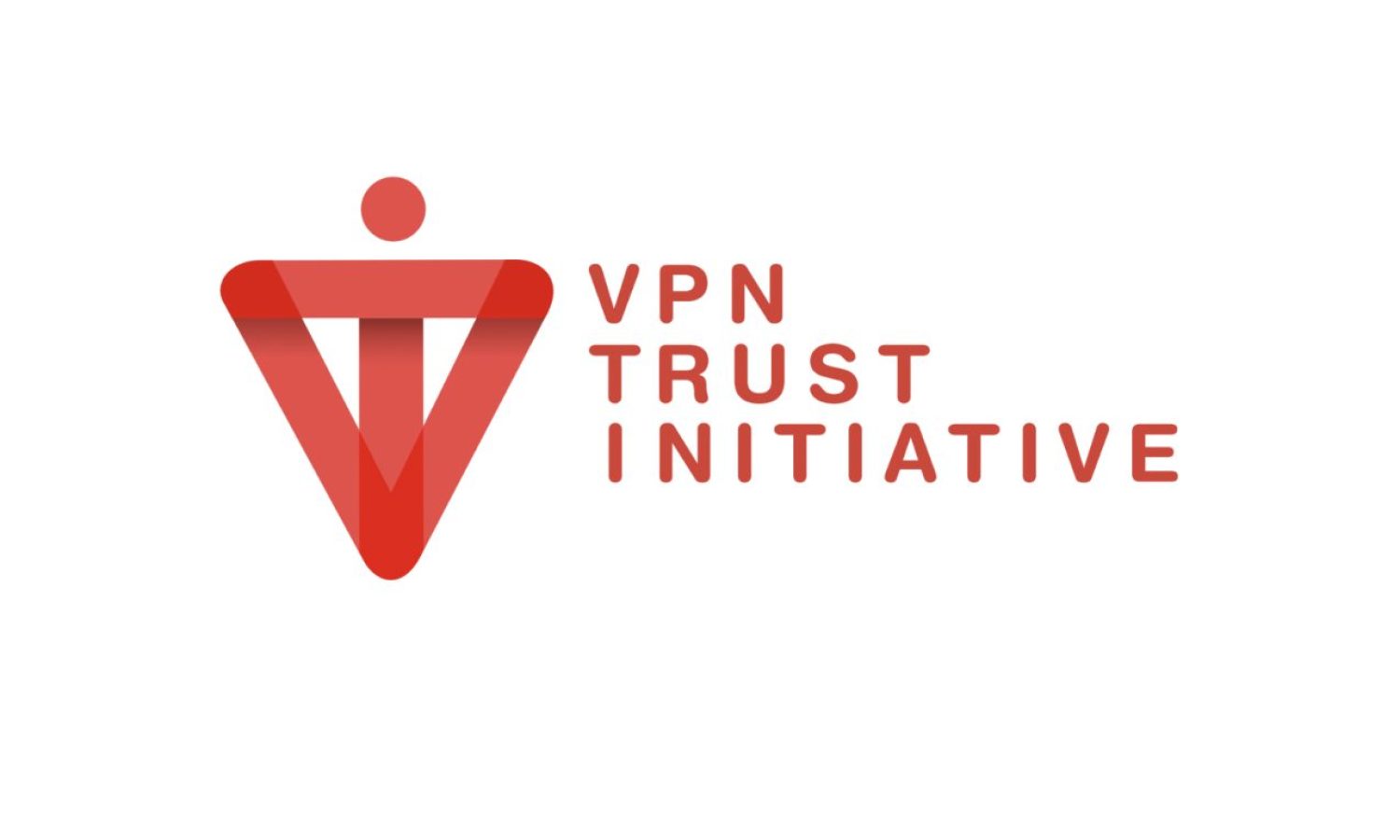VPN Trust Initiative (VTI) Opposes Misguided Legal Effort to Extend Website Blocking to VPNs
For Immediate Release
- Content providers are using legal proceedings to force VPN providers to block websites in France.
- Such blocking can have sweeping consequences that might put the security and privacy of French citizens at risk.
- Targeting VPNs opens the door to a dangerous censorship precedent, risking overreach into broader areas of content.
7 FEBRUARY 2025—Rightsholders are pushing for a restriction on VPN services in France at the Tribunal Judiciaire de Paris, rushing the unjustified extension of blocking orders to VPN providers.
The VPN Trust Initiative (VTI), part of the i2Coalition (Internet Infrastructure Coalition), stands firmly against any request for French courts to mandate VPN services to block access to potentially infringing streaming websites. While VTI members unequivocally oppose the misuse of VPNs for illegal activities, this move not only misplaces blame but also threatens to undermine cybersecurity, privacy, and digital freedom for millions of French residents.
VPNs: Essential Tools for Privacy and Security
VPNs are designed to protect users’ Internet connections and data from cybercriminals while enabling secure access to information. Recognized globally as essential for cybersecurity, including by France’s Agence nationale de la sécurité des systèmes d’information (ANSSI), VPNs play a crucial technical role in safeguarding the integrity of the Internet. VPNs are also vital for ensuring online privacy and enabling access to independent media, particularly in countries with a high level of censorship
VPNs are not facilitators of piracy. They neither host, store, nor promote copyrighted material. Such content is not discovered and referenced via privacy-focused VPN tools. Targeting VPN services for activities they do not enable or promote is a misguided and disproportionate approach.
Ineffective Measures with Increased Exposure to Risks
History has shown that restrictions targeting digital infrastructure fail to address the root causes of piracy. Despite increasing legal pressures on infrastructure providers to tackle content problems on their networks, global piracy rates rise(1). Focusing on content-neutral tools like VPNs rather than addressing the sources of illegal content not only fails to combat piracy but creates and inflicts collateral damage to cybersecurity and privacy, putting users at risk.
On top of that, these sweeping measures target all VPN services, including those that adhere to strict industry principles (see: VTI Principles), such as robust security and privacy practices. Users may be pushed toward insecure alternatives, which can lead to cybercrime and other malicious activities. By requiring this group of security and privacy principle-adhering VPN providers to restrict access, this measure is not only unjustified but also exposes French residents to significant new cybersecurity risks, undermining their safety online.
Threatening Internet Freedom
This case represents far more than a localized legal dispute. It risks setting a dangerous precedent for global Internet freedom. Restricting VPN services is prominent in countries such as China, Russia, Myanmar, Iran, amongst others. Such blocking rules, often introduced under the guise of protecting national interests or preventing illegal content, fundamentally threaten the free and open nature of the Internet and are a weapon for censorship regimes.
Imposing blocking on VPNs in France risks significant overreach, where legitimate and non-infringing content can be summarily cut off. This raises alarms about unjustly limiting individuals’ rights to freedom of information and expression. For example, while social media platforms often host infringing content, no democratic court would order the shutdown of platforms like Facebook as a whole, instead of targeting the infringing material directly. Given VPNs do not actually host content, it is misguided and disproportionate to block access to the entirety of these tools that have many proven additional benefits to end users.
A Call for Sensible Action
The VPN Trust Initiative urges rightsholders and French authorities to reconsider their approach and focus on addressing piracy at its source rather than targeting technology that protects user privacy and security. Collaboration with all stakeholders could achieve more effective solutions without compromising cybersecurity, privacy, or digital freedoms.
We respectfully call on the French courts and justice system to recognize the broader implications of this case and prioritize solutions that uphold privacy and security for all citizens and protect the foundational principles of an open Internet.
[1. Online copyright infringement in the European Union – films, music, publications, software and TV (2017-2023) https://www.euipo.europa.eu/en/publications/online-copyright-infringement-in-the-european-union-films-music-publications-software-and-tv-2017-2023]
About i2Coalition’s VPN Trust Initiative
i2Coalition’s VPN Trust Initiative (VTI) is an industry-led consortium that promotes consumer safety and privacy online by increasing understanding of VPNs and strengthening business practices in an industry that already protects millions of Internet users. The VTI leverages first-hand knowledge to advocate, create, vet, and validate guidelines that strengthen trust and transparency and mitigate risk for users. To learn more about the VTI, please visit vpntrust.net.
About the i2Coalition
The Internet Infrastructure Coalition (“i2Coalition”) ensures that those who build the infrastructure of the Internet have a voice in public policy. We are a leading voice for web hosting companies, data centers, domain registrars and registries, cloud infrastructure providers, managed services providers, and related tech. We protect innovation and the continued growth of the Internet’s infrastructure which is essential to the global economy. Our coalition launched at a significant time in our industry’s history. The genesis of the organization began in 2011 when many of the i2Coalition founding and charter members joined forces during the successful effort to prevent SOPA and PIPA from becoming United States law. After mobilizing to ensure the Internet’s free flow of information and commerce, we realized the ongoing need for an industry voice, founding formally in 2012. To learn more about the i2Coalition and explore membership, please visit i2Coalition.com.
##

